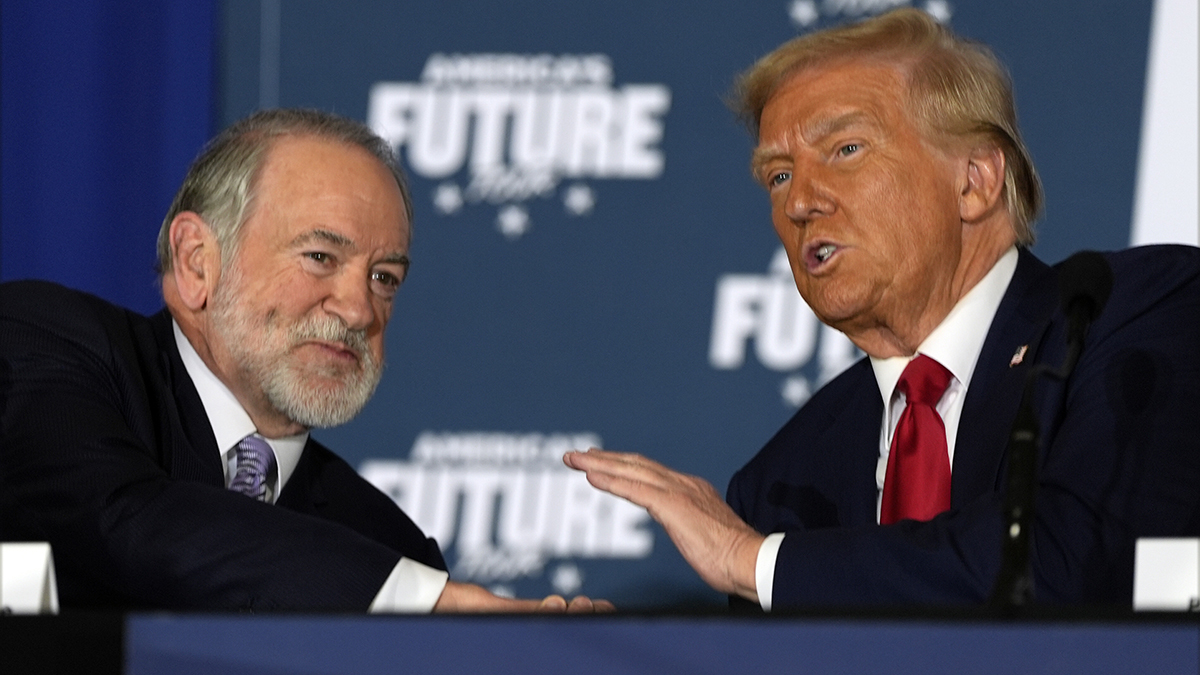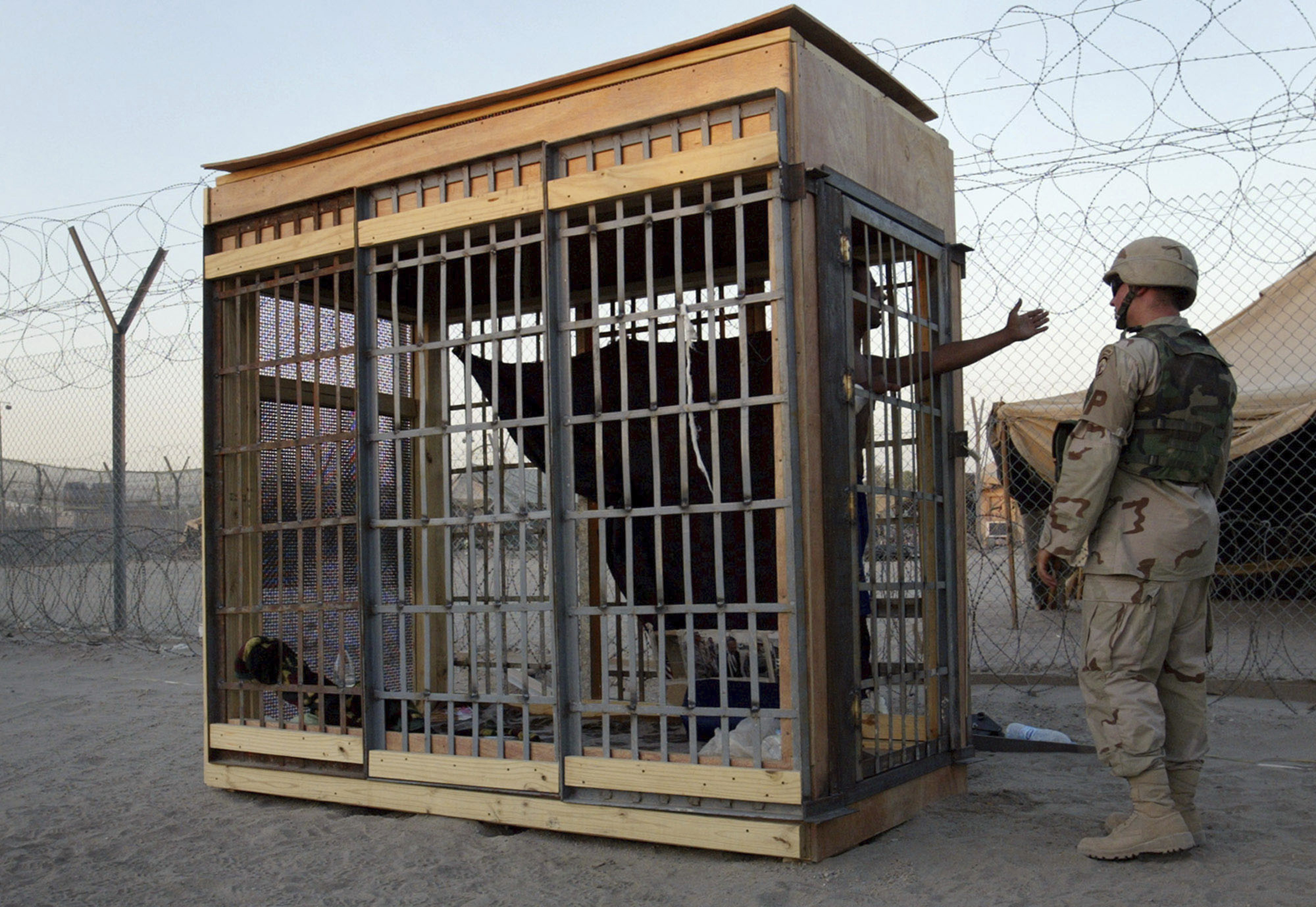The weak economy is leaving many Americans nervous, uncertain about the future and looking for someone to blame.
With midterm elections rapidly approaching, that could be bad news for sitting politicians, especially in states like Nevada that are still in recession, according to msnbc.com's latest Adversity Index. And it could create an opening for newcomers in other hard-hit states, such as Michigan, if they can convince voters they have economic answers.
“When times are bad, that overrides everything else,” said political analyst Rhodes Cook, author of a bimonthly political newsletter.
Although a panel of economists said this week that the national economy emerged from recession in June 2009, the recovery remains weak and uneven. Eight states were still in recession as recently as July, according to the most recent data from the Adversity Index, produced by Moody's Economy.com and msnbc.com.
Elected officials in those hard-hit states are likely to face intense pressure to convince voters that they can improve economic conditions or risk getting the boot. In addition to Nevada and Michigan, the states are Vermont, Rhode Island, Georgia, Mississippi, Illinois and New Mexico.
Cook sees similarities between the upcoming midterm elections and the midterm elections of 1982, when the economy was in the doldrums, the unemployment rate hovered around where it is now and then-President Ronald Reagan and his Republican party were dogged by concerns about the economy.
That year, Republicans lost 26 House seats and seven governorships. Those were big blows, but Cook said it could have been much worse. He credits Republicans with rallying their base to give Reaganomics a chance, helping to stem the losses.
U.S. & World
Stories that affect your life across the U.S. and around the world.
“The Republicans certainly played good defense in 1982, and you don’t see the Democrats, as yet, rising to that challenge,” Cook said.
In Nevada, where the unemployment rate hit 14.4 percent in August, the weak economy has been front and center in a neck-and-neck battle between Senate majority leader Harry Reid and Republican challenger Sharron Angle, who is backed by the conservative Tea Party.
Nevada has been hit hard as Americans have tightened their purse strings, forgoing gambling and sightseeing trips to Las Vegas and other Nevada locales.
The state also has long had the highest foreclosure rate in the country, according to RealtyTrac, which specializes in foreclosed property. One in 84 housing units in Nevada received a foreclosure notice in August, RealtyTrac reported.
“This was a very consumer-centric recession, and any time you have that, states that are really dependent on consumers are going to be hard hit,” said Andrew Gledhill, economist with Moody’s Economy.com, which provides the data for the Adversity Index.
Cook, the political analyst, said the weak economy may have helped energize Republicans looking for change and dissatisfied with President Barack Obama’s attempt to fix the economy, benefiting Angle.
But he said Reid, among the nation's most powerful Democrats, could still benefit from a shift to the left in that state, which was evident in the 2006 and 2008 elections.
The Democratic base does not appear to be helping Reid's son in his race for governor, however. Recent polls show Rory Reid trailing far behind his Republican opponent, Brian Sandoval, a former federal judge.
Michigan also remains in recession, but for different reasons. The state has for years been dealing with major changes in the auto industry that once powered its economy, resulting in major job losses. The state’s unemployment rate was 13.1 percent in August.
“Most people would probably say that Michigan … has been in a decade-long recession,” Gledhill said.
Both candidates for governor in Michigan, Democrat Virg Bernero and Republican Rick Snyder, have made creating jobs a key campaign priority. But Snyder, a political newcomer and former top executive with computer company Gateway, appears to have gained an edge by promising to use his business savvy and experience to reinvent the struggling state.
A poll conducted in September for the local television station WDIV and the Detroit News showed Snyder with a more than 20 percentage point lead over Bernero.
Bernero, the mayor of Lansing, Mich., appears to be struggling to convince even the traditional Democratic base he can do a better job to heal the ailing state. Pollsters found that Bernero had not even been able to hold on to the majority of the union household vote, often a core constituency for Democrats. In addition, Snyder held a strong lead among voters who view current Gov. Jennifer Granholm, a Democrat, unfavorably.
Granholm can’t run for re-election because of term limits.
Cook said the outsider status of newcomers such as Snyder appear to be selling well in this election cycle, particularly among Republicans. And in the past, he noted, a coalition of blue- collar Michigan Democrats have shown a willingness to switch to the Republican candidate if that person can make a compelling case for their vote.
“This might be a year that they go over again,” he said.



